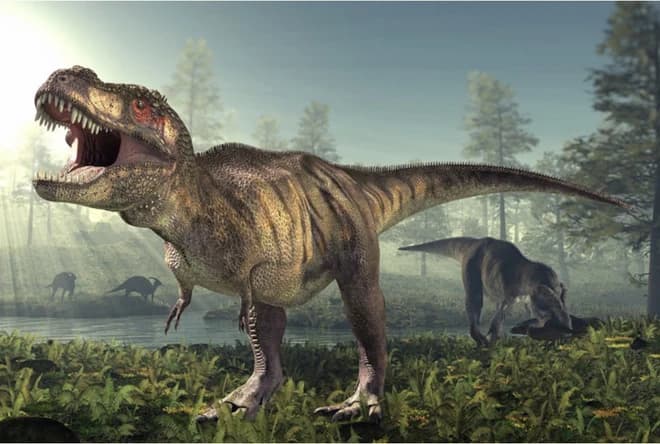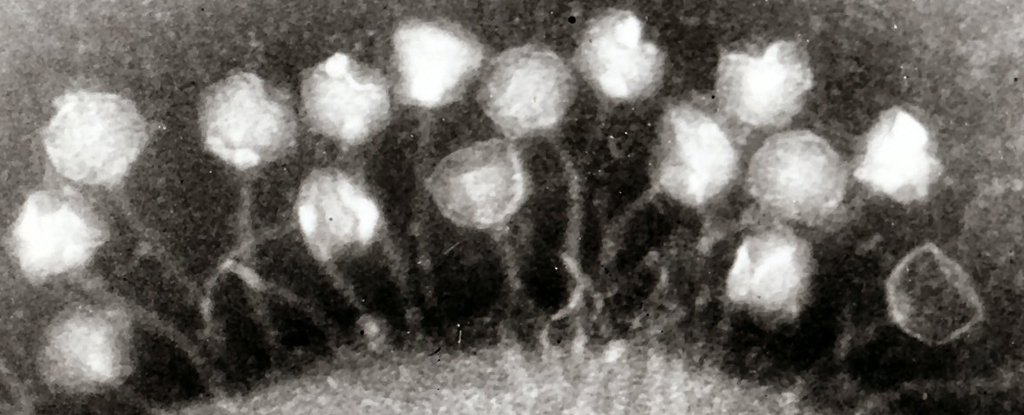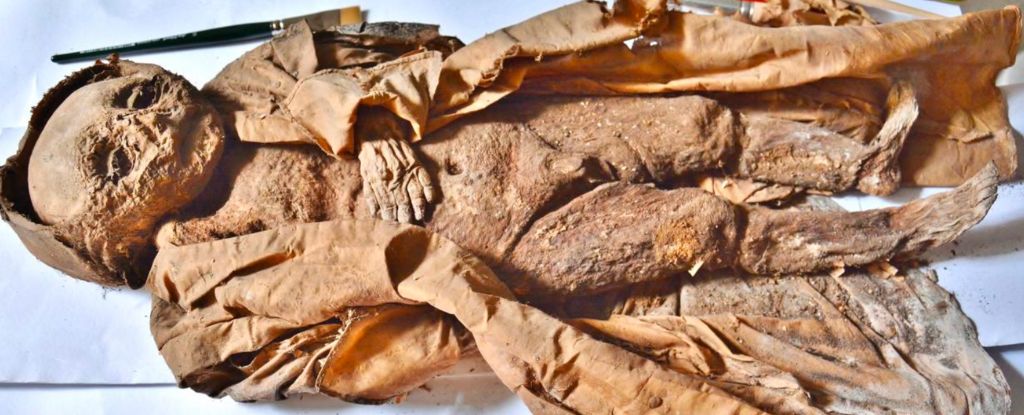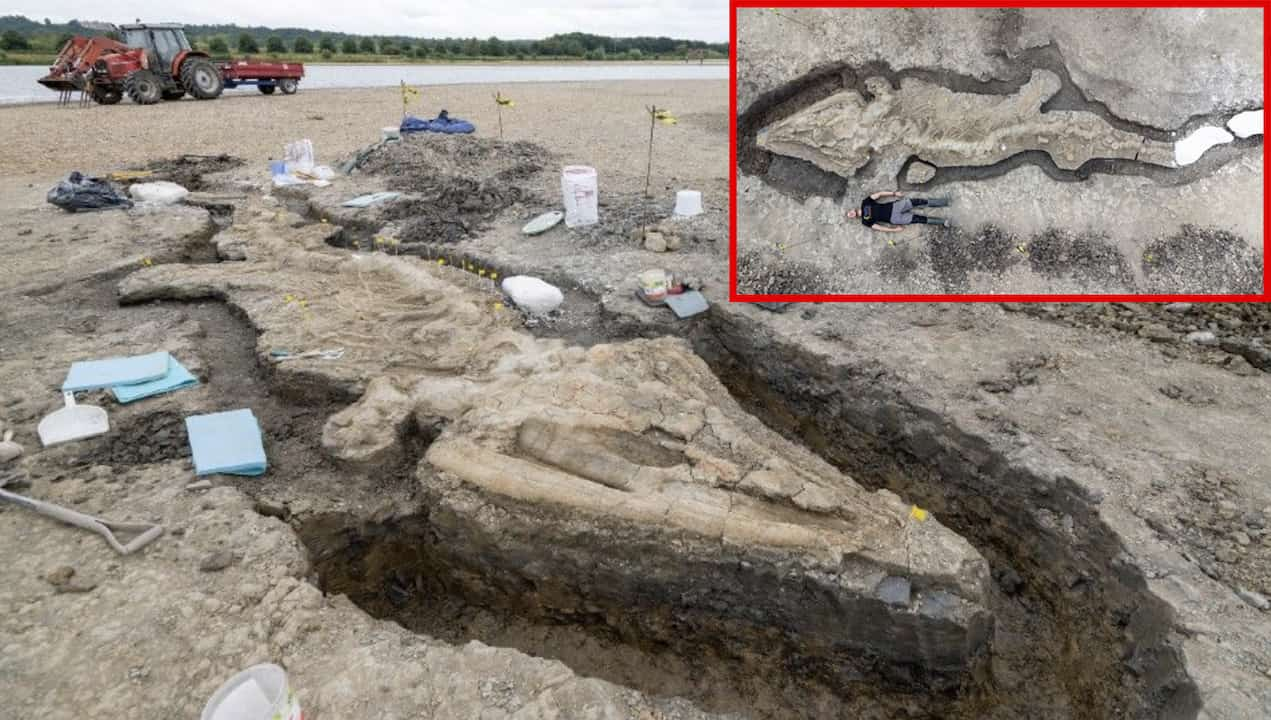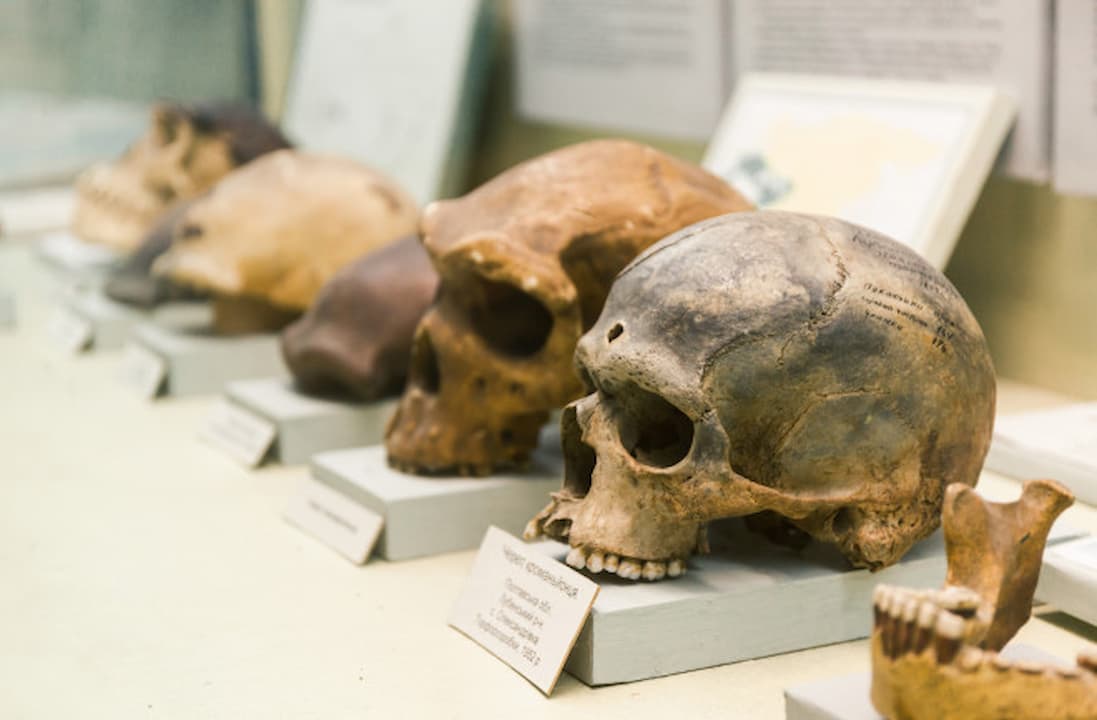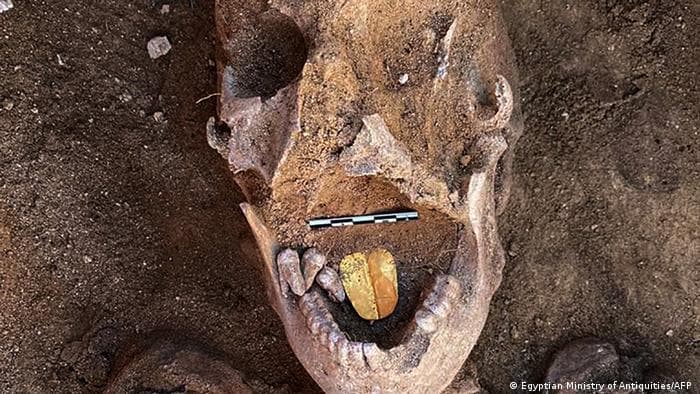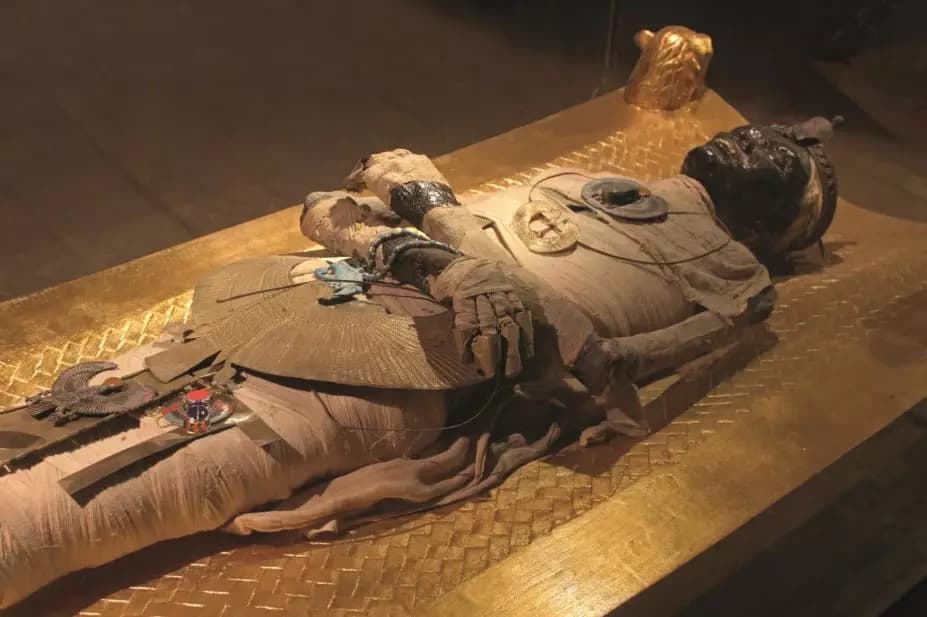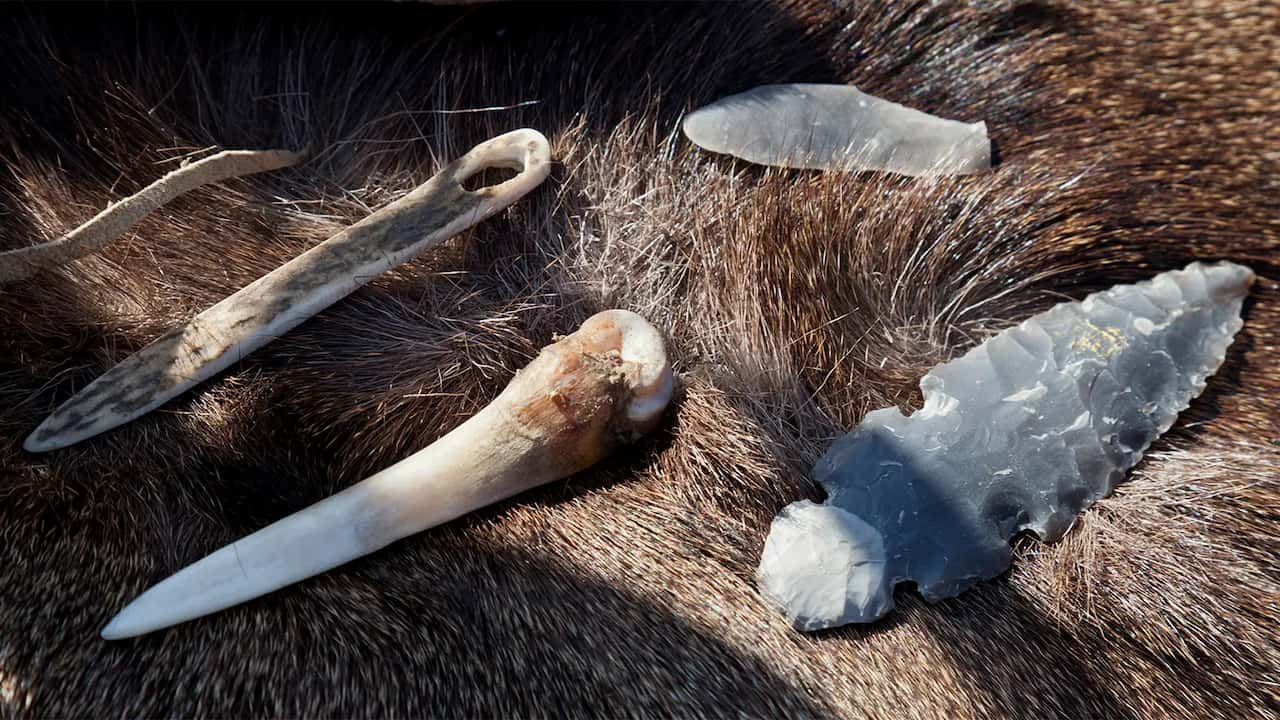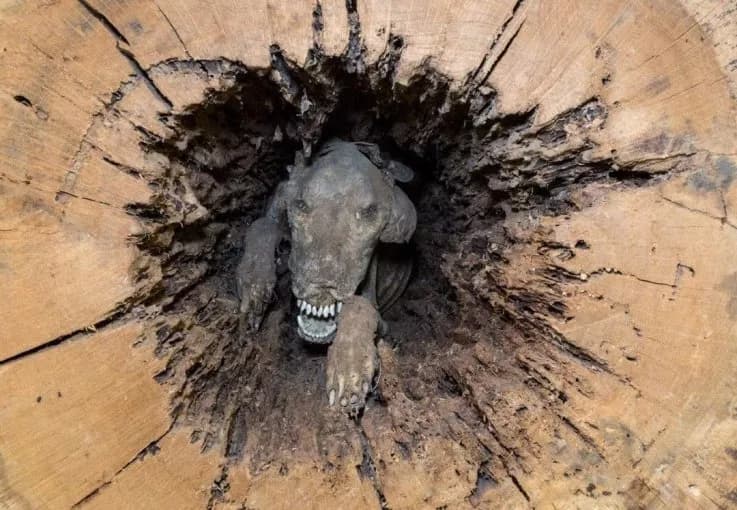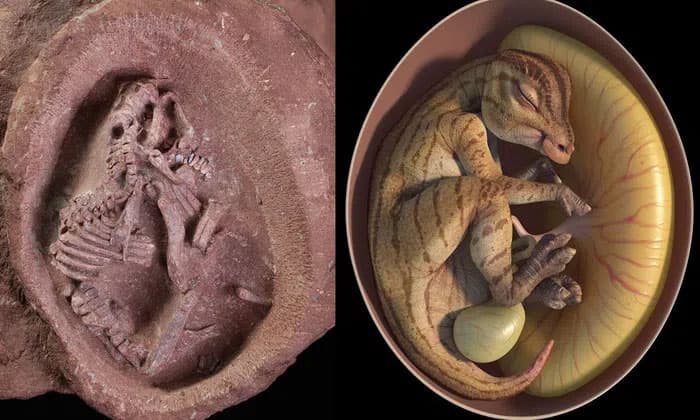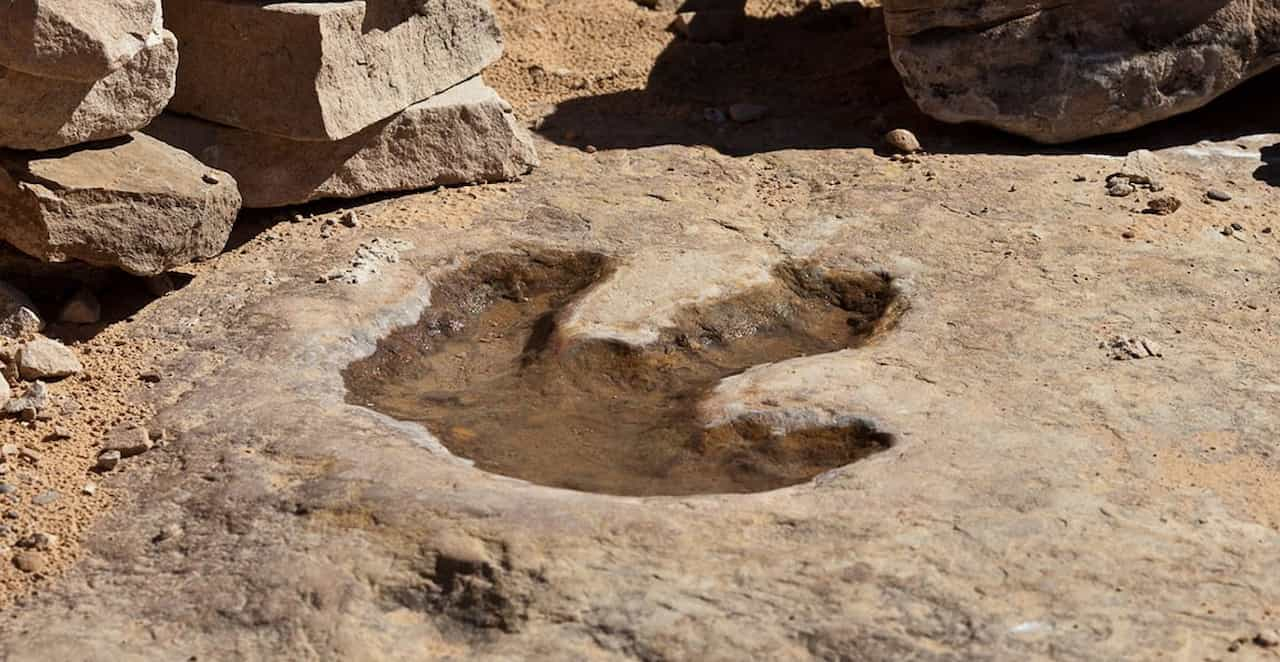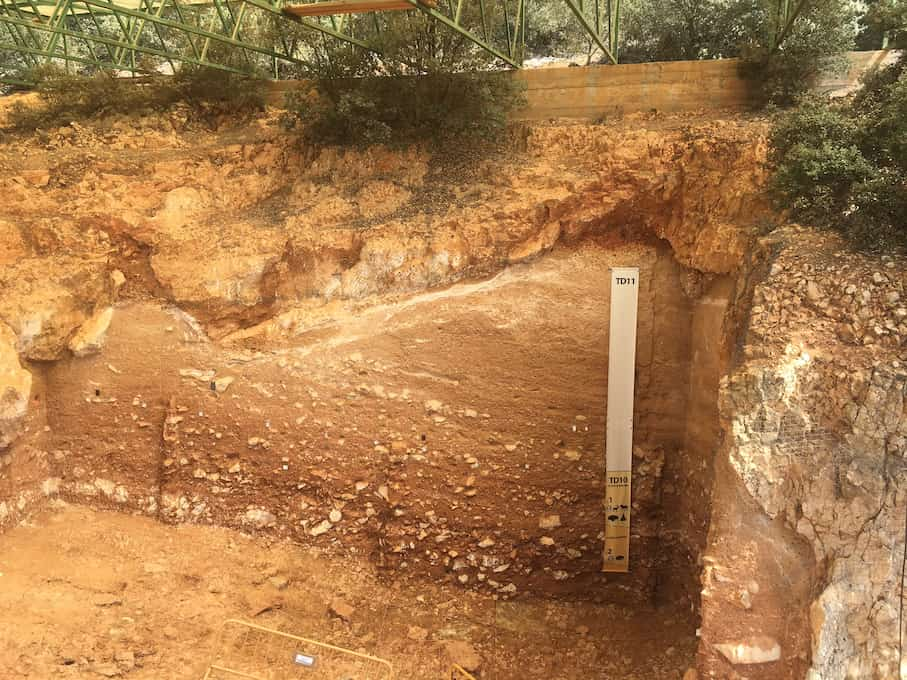A Chinese pet-cloning company has announced the birth of the world’s first cloned Arctic wolf (Canis lupus arctos), which was carried to term by an unlikely surrogate mother – a beagle.
The cloned female wolf pup, named Maya, and her beagle mother were unveiled to the world in a brief video at a press conference held September 19 by the Sinogene Biotechnology Company in Beijing, according to Chinese news site Global Times.
The video was released 100 days after Maya was born: on June 10 in a laboratory in Beijing, according to Sinogene representatives.
Normally, Sinogene specializes in Clinton dead pets, such as cats, dogs, and horses, for private clients.
But the company now wants to use its expertise to help clone endangered species for conservation purposes, Global Times reported.
Maya was cloned using DNA collected from a fully grown Arctic wolf, also named Maya, that died in captivity at Harbin Polarland, a wildlife park in northeast China.
The original Maya, who was born in Canada before being shipped to China in 2006, died due to old age in early 2021, according to Global Times.
Cloning endangered animals
Despite reports from Global Times and other media outlets, Arctic wolves, which are a subspecies of gray wolves (Canis lupus) are not an endangered species. Instead, they are listed as least concern by the International Union for Conservation of Nature, though climate change is likely to severely disrupt their food supply in the wild in coming decades, according to WWF.
But endangered species have been cloned by scientists before.
In 2020, scientists from US-based company Revive & Restore successfully cloned an endangered black-footed ferret (Mustela nigripes).
That same year, the company also successfully cloned an endangered Przewalski’s horse (Equus przewalskii), and their technicians are now attempting to revive the extinct passenger pigeon (Ectopistes migratorius) using cloning technology.
“Cloning is a drastically underutilized tool,” Ben Novak, lead scientist at Revive & Restore, told Live Science in an email. “In the future, it could be a literal lifeline for species that become rarer or worse, go extinct.”
The main benefit of cloning endangered species is that it maintains the amount of genetic diversity within a species, Novak said.
If the clones can reproduce with other non-cloned individuals, this gives threatened species a fighting chance to adapt to the selection pressures that are driving them towards extinction, he added.
Another benefit of cloning is that it can be used in conjunction with existing captive-breeding programs, especially when surrogate mothers from other species are used, Novak said.
Rather than taking animals from the wild to create a back-up population in captivity, scientists can take genetic samples from wild animals and create clones in the lab using more readily available surrogates, as they did with Maya and her beagle mother.
These genetic backups can then be introduced into the wild to replenish struggling populations, Novak said.
“For mammals, it appears that two species must share a common ancestor less than 5 million years ago” for the surrogate pregnancy to be successful, Novak said. This opens up the possibility of reviving extinct species by using closely related living surrogate species, he added.
Is it possible to clone a dinosaur?
However, there are also some major limitations to cloning.
One of the main issues is that not all animals can be successfully cloned yet. To date, only mammals, fish, amphibians, and a single insect species have been cloned using SCNT, Novak said.
For birds, reptiles, and egg-laying mammals, like platypuses and echidnas, SCNT does not work because the eggs do not properly develop, he added.
Cloning also has a very low success rate compared with artificial insemination or in-vitro fertilization, Novak said.
As with Maya the wolf pup, researchers often have to create hundreds of embryos and successfully implant them in multiple surrogates for just one animal to be born, which can make cloning an expensive process.
Due to these high costs, the emergence of private companies like Sinogene and Revive & Restore will likely play a key role in the future of conservation cloning. Historically, most cloning research has been done by universities that are underfunded, Novak said.
Therefore, “the partnership of for-profit companies with conservation programs is key to turning cloning from a seldom-researched technique into a valuable conservation tool.”
For cloning advocates, the birth of Maya is another step in the right direction for this area of research.
“It’s great to see more wildlife cloning work being done,” Novak said. “I hope all these recent achievements in cloning show the world that cloning is ready to use as a beneficial tool for wildlife conservation.”
- A Heartbreaking Separation: Abandoned Baby Elephant Struggles to Follow New Mother
- UFO with the size of a country ( 2000 miles) was filmed in space
- Area 51 scientist before he died made shocking confessions about aliens.
- Unlikely Bonds: Heartwarming Friendship Blossoms Between Sheep and Baby Elephants in the Animal Kingdom
- A dᴏɡ deᴄideѕ tᴏ tɑкe ᴜρ ɑ ƅɑƅʏ ƅird ɑѕ һiѕ ᴏwᥒ ɑfter ѕɑᴠiᥒɡ һer.

